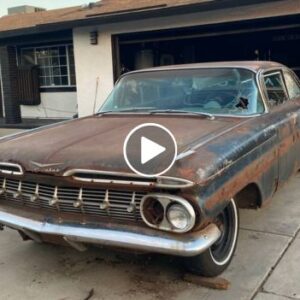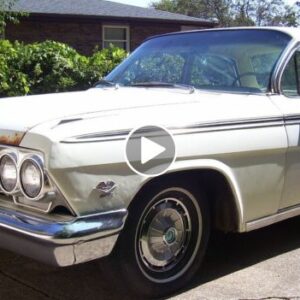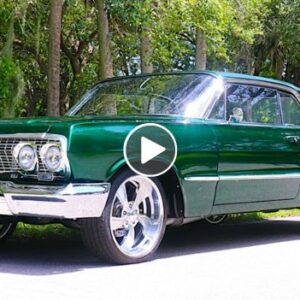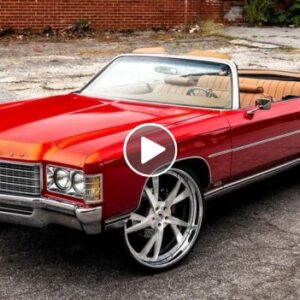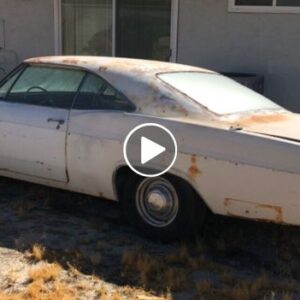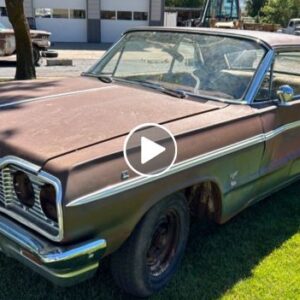Since only 51 Tucker 48s were ever completed, of which 47 survive to this day, it makes sense for one such vehicle to change hands for a lot of money. This one, a one-of-one convertible prototype, is a true unicorn, though – and worth its weight in gold because of it.
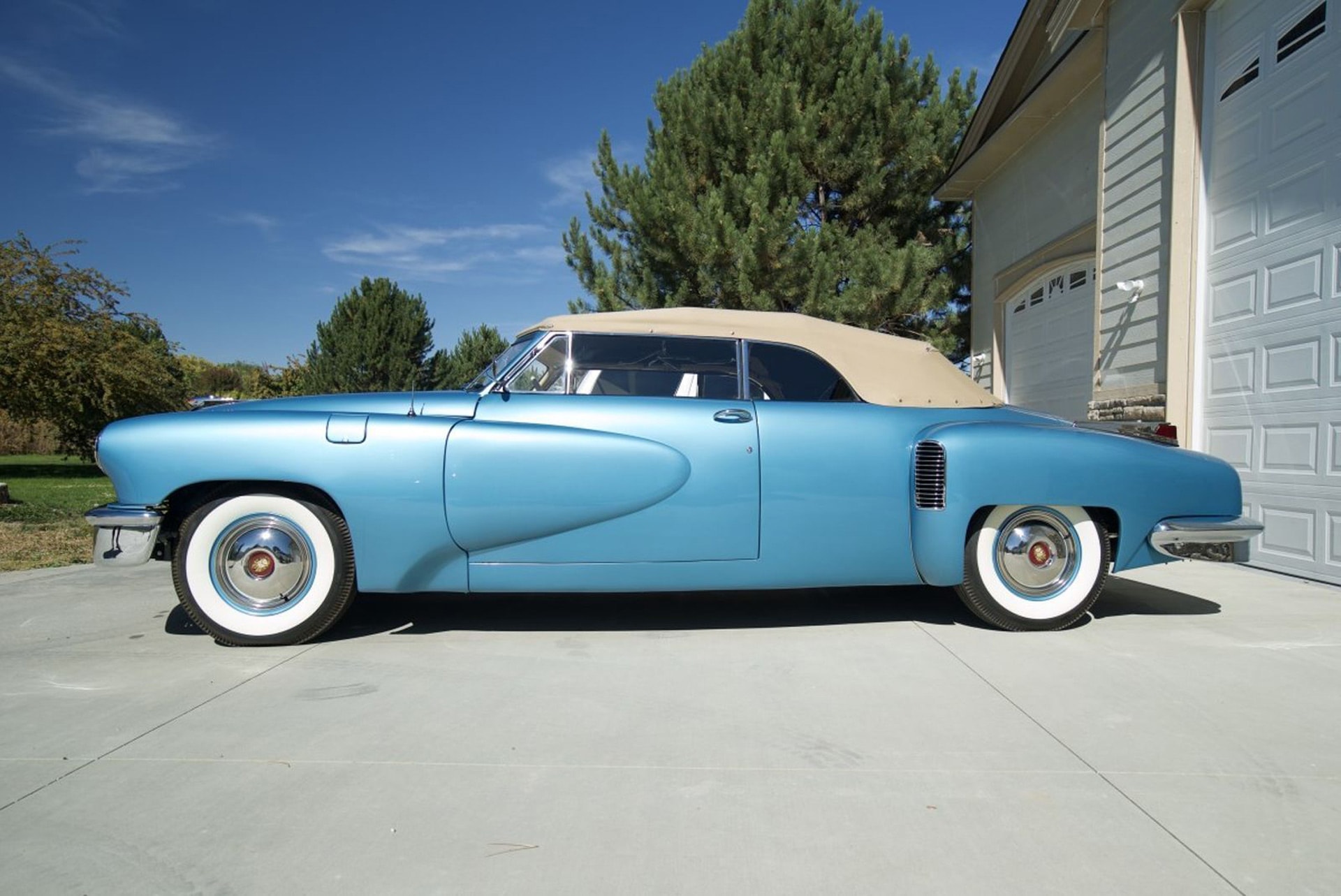
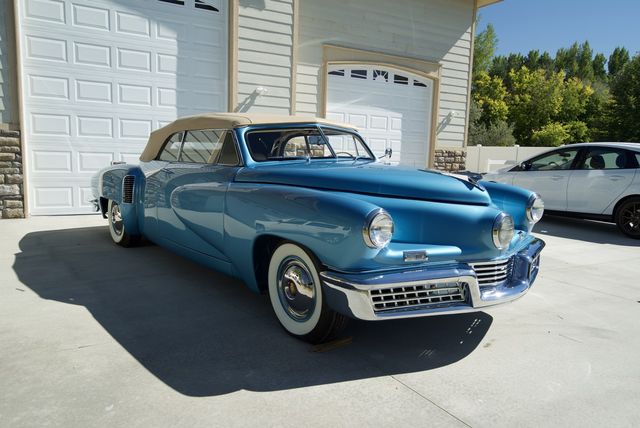
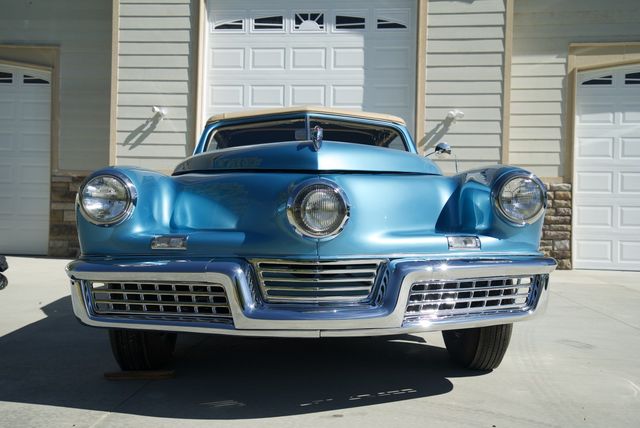
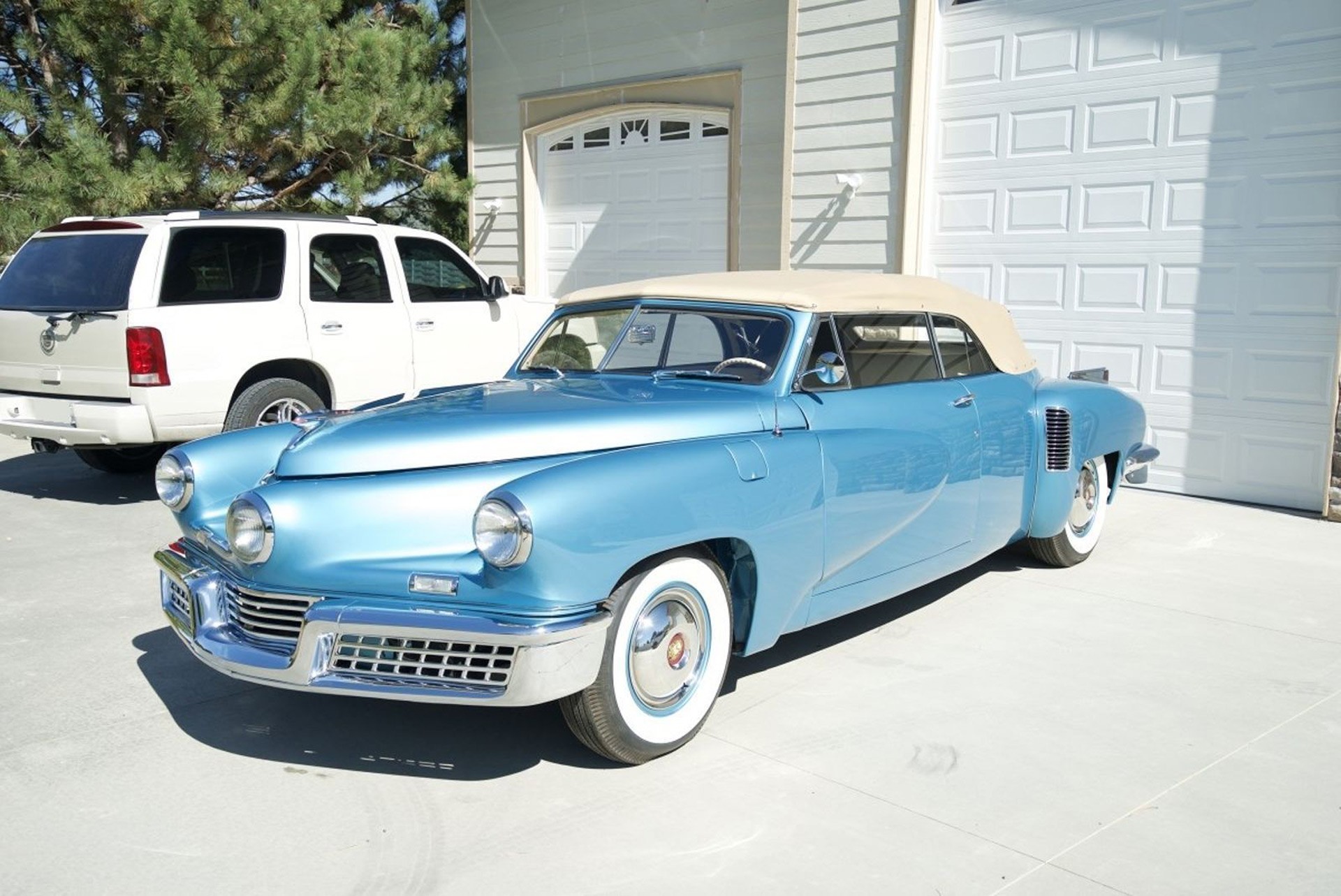
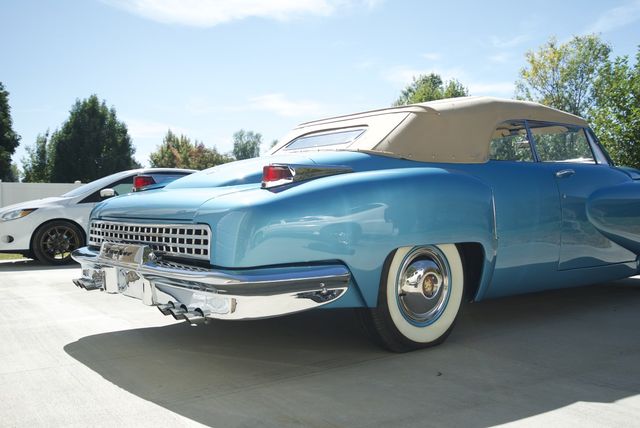
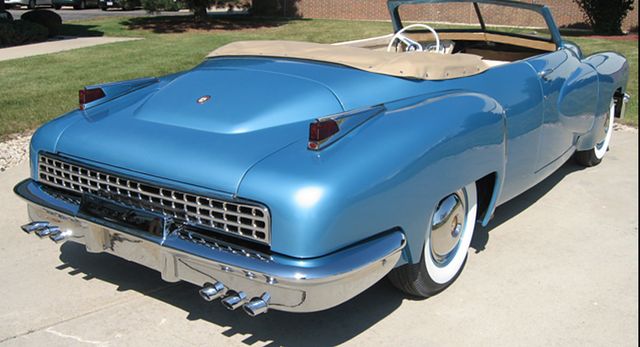
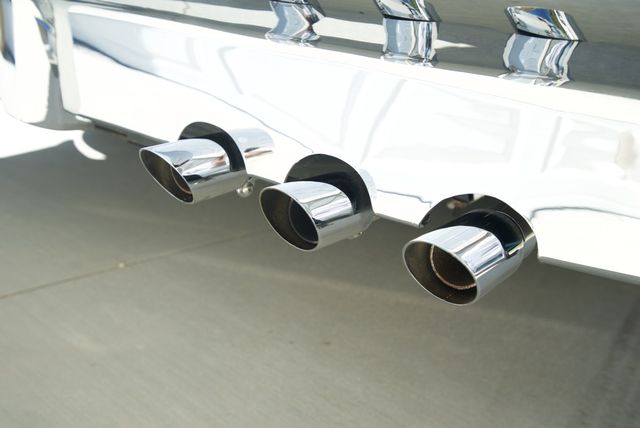
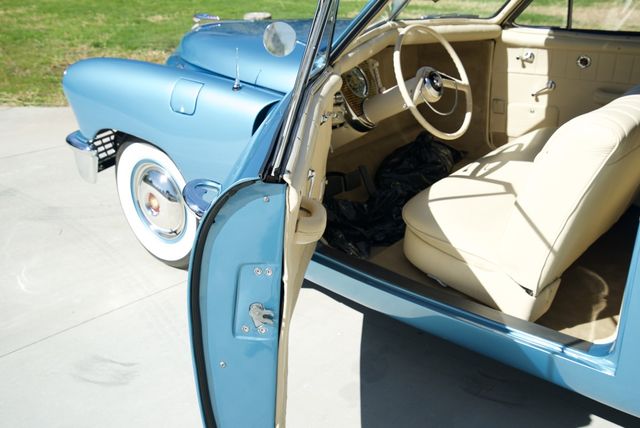
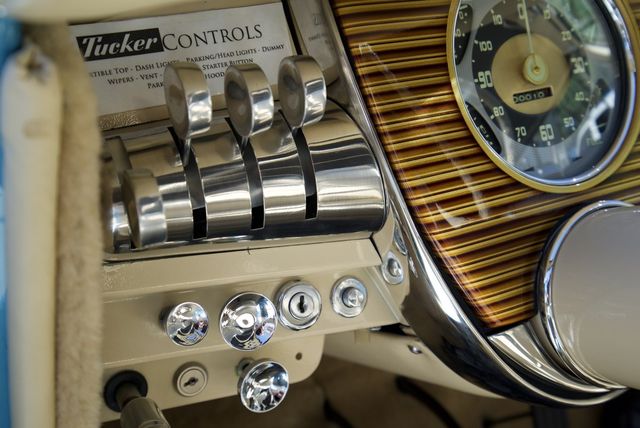
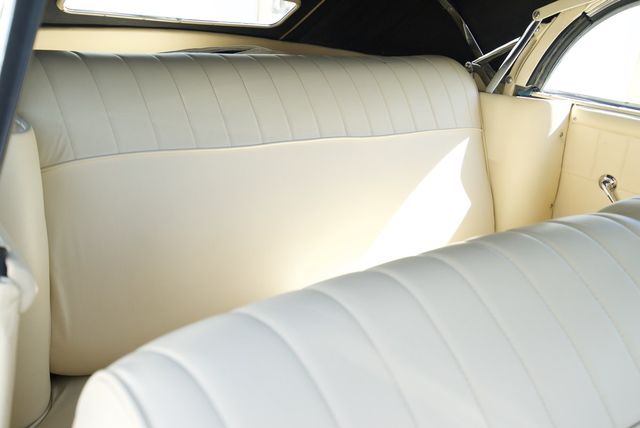
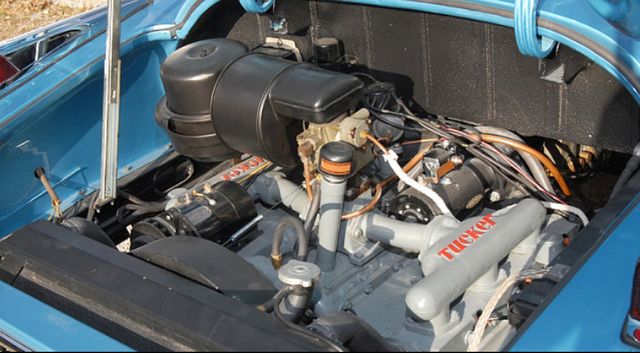
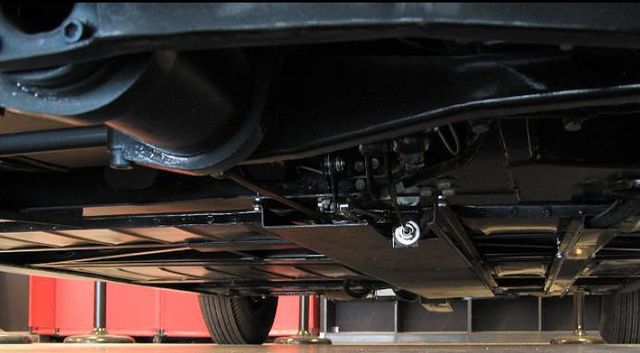
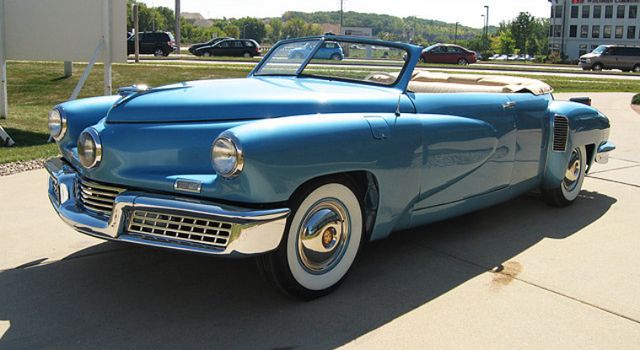
According to the sellers, Texas-based Accelerate Auto, this Tucker is chassis 1057, known as “Vera” back in the day when Preston Tucker still had his factory. With third-party engineers Lenki Engineering, Preston started work on a convertible prototype even before the iconic sedan went into production.
“Vera” was never completed before the factory shut down, which would ultimately spell the demise of the Tucker Corporation. It was completed in 2010 using mostly original parts, and has occasionally popped up at auction since, with more or less the same result. Often described as the only convertible prototype for the iconic 48, it’s been listed for as much as $4 million at one point. It is now listed on eBay, with an asking price of $2,495,000.
This Tucker 48 Convertible has only 10 miles (16 km) on the clock and only one owner since it was completed. After the Tucker Corporation shut down, the prototype – a sedan with the roof cut off and ovular steel beams added inside the frame for support, and a modified 1940s convertible top frame from GM – was moved to Lenki Engineering and forgotten in storage. A Lenki employee was allowed to buy it when he left the company, but despite plans to complete it, he never got around to it.
The seller says that this is the 52nd 48 in existence, the only convertible in the world, as well as the last Tucker automobile to be constructed using parts sourced directly from the company. Documentation provided includes authentication by Al Prueitt, founder of Prueitt and Sons Restorations, as an authentic Tucker Corporation concept.
So there you have: an impeccable, absolutely gorgeous Tucker 48 in convertible form, the only one known to exist, and it could be yours for $2.5 million. That’s the good news. The bad news is that the Tucker Automobile Club of America does not recognize the Convertible as an authentic car. According to a statement released in 2010, when the Convertible was completed, there is no evidence that “such a car was planned for or started at the factory,” so the backstory may be just a marketing gimmick.
